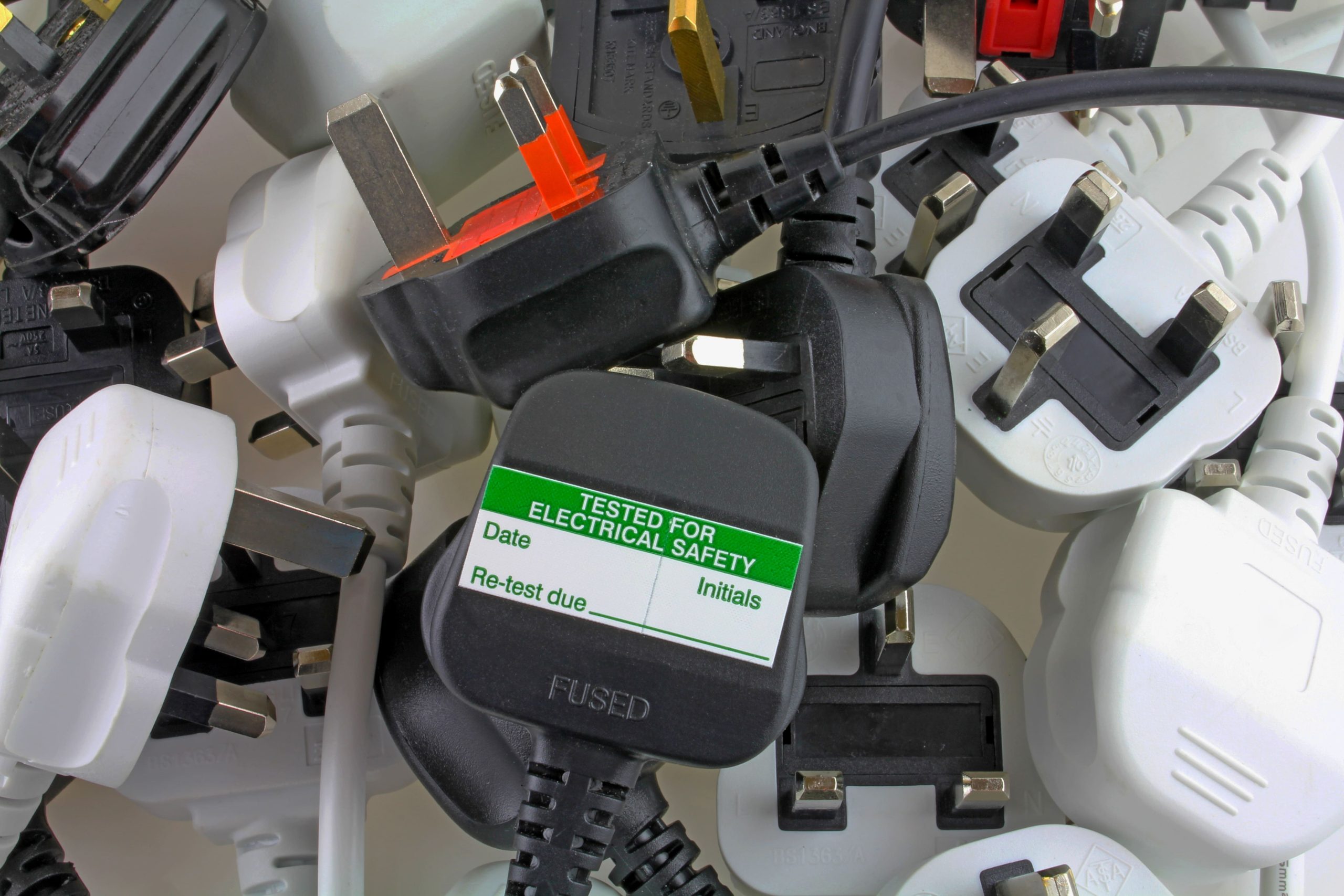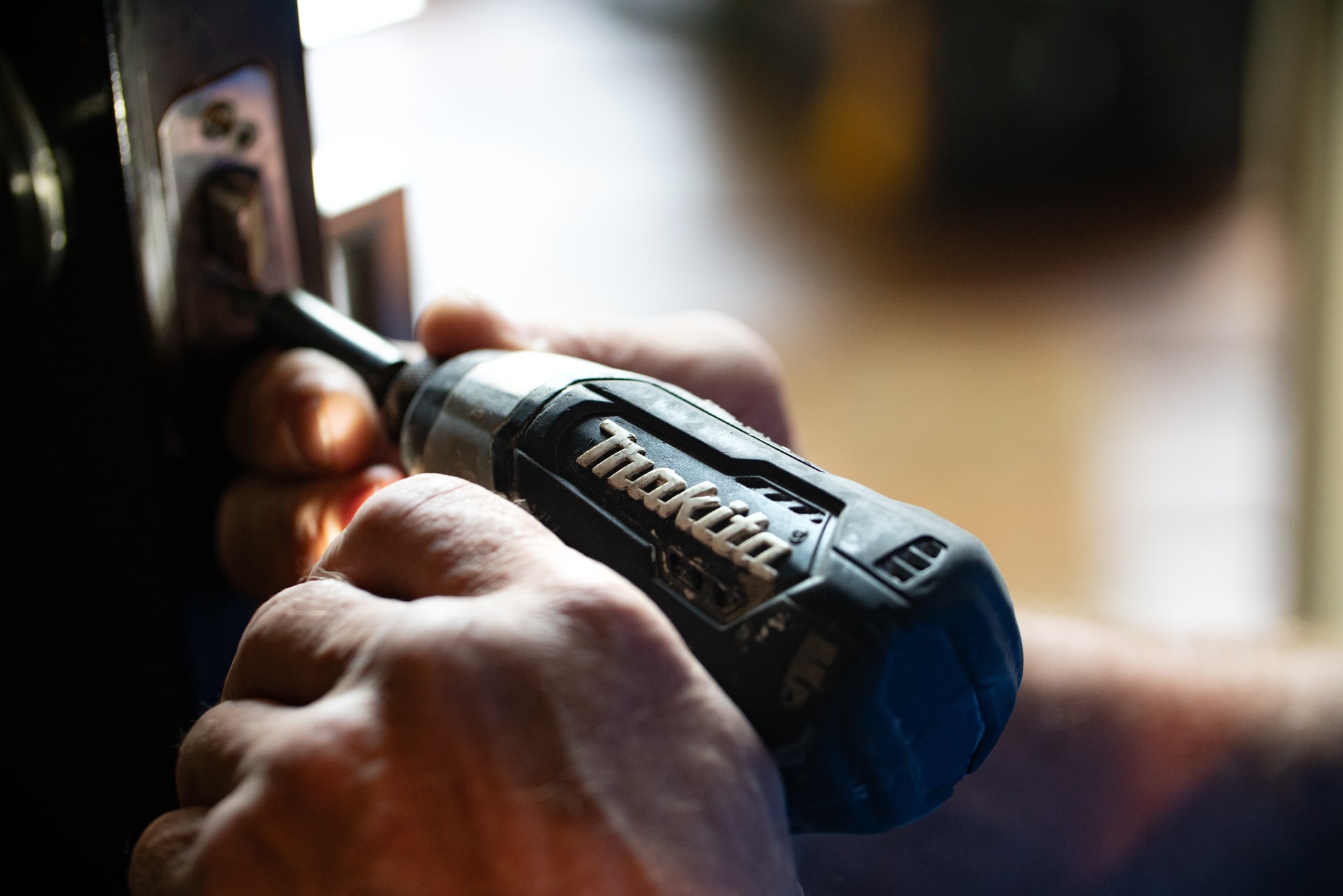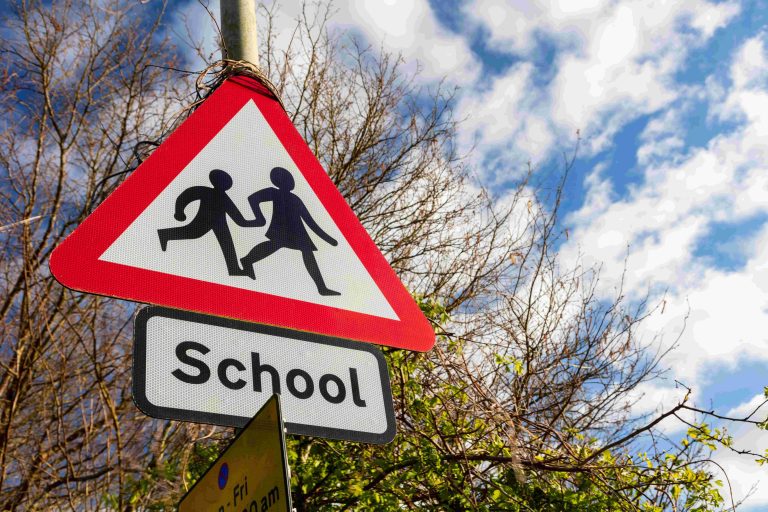BLOG
Safe reoccupation | 5 health and safety checks you might have missed
Written by Ross Henderson on 10 June 2022

Having emerged from the pandemic, a good proportion of UK organisations have now returned to the workplace in some form or another.
Naturally, employers’ return to work strategies have focused on encouraging people back into the office and allaying fears around COVID-19 by putting precautionary measures in place to reduce the risk of infection. But that’s not all employers need to do in order to return to work safely.
Indeed, after two years of disruption and remote work, there’s likely to be health and safety items that haven’t been actioned or addressed. If you’re reopening buildings after prolonged shutdown or reduced operation, statutory certificates might have expired, risk assessments might have become outdated, and periodic checks might not have been completed for some time. And with premises unoccupied for so long, there may be other checks that need to be carried out before a wider return to work commences to ensure your buildings and facilities remain safe.
In fact, at WorkNest, we’ve seen a wide variety of issues caused by the pausing of planned checks in the workplace. Checks are not a ‘tick box exercise’ – they are used to evidence the management of health and safety. For example, a lack of evidence of a fully functional fire alarm system and the ability to evacuate a building within a reasonable timeframe can expose other weaknesses within the fire management for your building. These can then leave an organisation vulnerable to prosecution.
So, as regular health and safety management resumes, here are five key areas all employers should revisit as a priority to ensure your organisation remains compliant.
1. Statutory checks
There are certain health and safety checks that employers are legally required to carry out at regular intervals. For instance, your business might use a range of different gas appliances, and as an employer, you are responsible for maintaining them.
One aspect of this is ensuring you have an up-to-date Gas Safety Certificate(s) for each appliance, which needs to be renewed every year.
Another example is electrical safety checks. While PAT testing doesn’t have specific frequency requirements, a general rule of thumb is that it should, at a minimum, be carried out every 12 months. Check the label on the device for the date of the last test and when the next test is scheduled – you may find it’s overdue.
Don’t forget display screen equipment (DSE) being used by staff who are working from home. Previously, DSE would be kept in the office, but this isn’t always the case anymore. Consider arranging for a competent person to conduct testing at the employee’s home or, if this isn’t suitable, test appliances when staff attend the office.
As well as posting a safety risk, failure to carry out these statutory checks and obtain up-to-date certificates could catch you out at your next inspection, as well as potentially invalidate your insurance.
If you don’t have a system in place to ensure checks aren’t missed, WorkNest’s simple-to-use software, SafetyNest, enables you to store all your statutory certificates in one secure location and alerts you when they’re due for renewal, making it much easier to stay on top of things.

Do you need support?
Speak to us for an honest, no obligation chat on:
0345 226 8393 Lines are open 9am – 5pm
2. Fire safety
Any safe return to the workplace should include a review of your fire risk. Crucially, when was the last time you reviewed your Fire Risk Assessment?
It’s possible that it may have become invalid, either due to a year having elapsed or because of the changes you have made to your building, operations, processes and staffing over the past two years, all of which could have impacted your fire safety risk.
For example, if you have moved to a hybrid model, do you have enough trained Fire Wardens on site? Do you have sufficient staffing levels to maintain your fire safety procedures?
Additionally, if you have missed scheduled maintenance checks or your building has been unoccupied for a while, it’s essential to ensure that fire detection systems and fire-fighting equipment remains fully operational:
- Is your fire alarm functioning correctly?
- Have all fire doors been checked for functionality?
- Are fire extinguishers in place and free from defects?
- Have fire dampers, automatic smoke vents and lightning protection systems been maintained within the last 12 months?
If you have missed your annual assessment or require a new one to cover changes to your operations, WorkNest can help.
3. Water safety
Stagnant water favours Legionella growth, and prolonged periods of building inactivity could result in a build-up of this bacteria inside pipes and other plumbing. Inhaling small droplets of contaminated water can result in Legionnaires’ disease, an uncommon but potentially serious form of pneumonia.
A “prolonged period” may be weeks or months depending on plumbing-specific factors, including disinfectant residuals, temperature set points, water usage patterns and pre-existing Legionella colonisation.
Under UK health and safety law, employers are legally required to assess, mitigate and consider the risks posed by harmful bacteria in any water system left idle during the COVID-19 closure. It’s important to therefore review your Legionella Risk Assessment before reoccupation to ensure the water within your building is safe for staff, customers and the public.
In addition to reviewing your Legionella Risk Assessment, your recommissioning plan should include flushing of all unused or little-used outlets (including external taps), as well as cleaning, disinfection and Legionella testing. You should also check temperatures against acceptable ranges to prevent bacteria growth.
Keep records of what you have done and enlist expert help and advice if you are unsure.
4. Equipment checks
The use of faulty equipment is a common cause of accidents and injuries at work. If you haven’t been unable to arrange key mandated inspections of equipment during the pandemic, then your employees, plant and property might be at risk.
Under the Provision and Use of Work Equipment Regulations (PUWER), employers must:
- Ensure all work equipment is maintained in good condition and efficient working order.
- Keep an up-to-date maintenance log for each piece of work equipment.
- Take all necessary measures to prevent or control any risks associated with the operation of work equipment.
- Provide adequate training on the correct use of equipment – this will be particularly important for any new starters who may not have had training provided during the pandemic, though existing staff may also need a refresher.
PUWER applies to all pieces of work equipment, including any machinery, appliance, tool, or installation used in the workplace that could potentially pose a risk to employees. This includes – but is not limited to – tools, ladders, machinery and lifting equipment.
Equipment should be in place, undamaged and serviced or maintained as appropriate by a competent person.
As well as personal injury claims, failing to conduct equipment checks may also put you at risk of prosecution, as the regulations don’t allow leeway for late inspections. It could also invite insurance issues.
5. Building degradation
Over time, buildings may have deteriorated, and you might find that your premises aren’t as safe as they were pre-pandemic. This is particularly true of buildings with asbestos.
- Do trees and boundary walls within your grounds appear visually safe?
- Is there any damage to the structure, roof, windows or fixtures that could make the building less secure?
- Has a pest control contractor visited the premises recently, and are suitable controls in place?
- Is any asbestos likely to have been disturbed during lockdown?
These are all things that should be assessed and monitored before reoccupation commences.

Don't forget remote workers
Finally, while the above checks will help to ensure that your workplace is safe to return to, don’t forget about the safety of those now working remotely for all or part of the week.
Display screen equipment (DSE) is a key consideration here; the management of DSE will change as a result of hybrid working, but the requirements on employers remain the same. Have homeworkers got the equipment they need to work safely? While many organisations will have already ironed out these sorts of issues during lockdowns, some will still be getting by on more temporary set-ups.
A Homeworking Risk Assessment is a great place to start as it will help you to identify what extra precautions are needed now staff are working from home on a more permanent basis – download our template below.
Related Content
Not confident your business is compliant?
After two years of upheaval, there’s a good chance your business may no longer be fully compliant with relevant health and safety regulations, which could lead to accidents, failed inspections and fines.
To give you peace of mind, WorkNest’s Health & Safety experts can work with you to ensure you’ve covered all bases, starting with an on-site audit to identify any areas where you might be exposed. From there, you’ll be allocated your own dedicated consultant to support you in taking the necessary steps to get back on track.
To find out more about our unlimited, fixed-fee service, plus additional specialist services such as Legionella testing an Fire Risk Assessments, get in touch with our team on 0345 226 8393 or request your free consultation using the button below.












